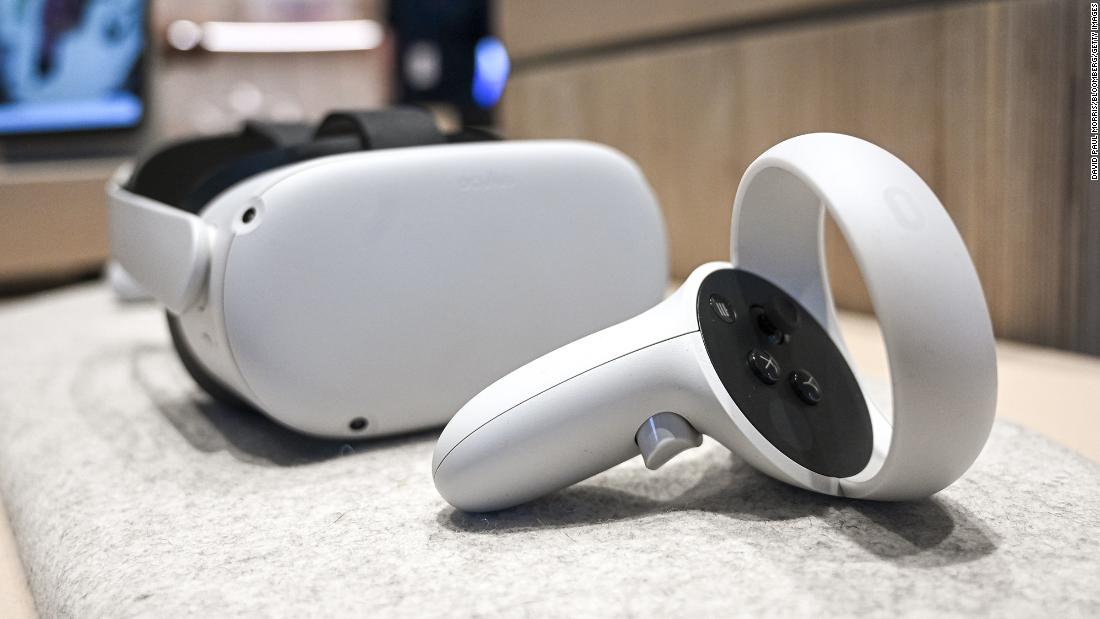
Here's why you still look terrible in virtual reality
CNN
Mark Zuckerberg has bet his company's future on an ambitious long-term vision of people carrying out greater portions of their lives in virtual spaces through digital alter egos. But an image Zuckerberg recently posted to his Facebook page served as a reality check of sorts for virtual reality, at least in its current form.
The image, which was also included in a company blog post, showed his blocky, cartoon-like avatar in Facebook-parent Meta's flagship social app, Horizon Worlds, staring out into the distance with enormous, vacant-looking eyes and a tight-lipped smile. In the background, plopped onto a field of green grass, were simple-looking models of the Eiffel Tower in Paris and the Sagrada Familia cathedral in Barcelona, to mark the launch of Horizon Worlds in France and Spain in mid-August.
The criticism online came swiftly. "Imagine spending billions on the metaverse and your avatar looks like this!" one Twitter user wrote. "Mark Zuckerberg invents The Sims!" another tweeted. Days later, Zuckerberg himself admitted the image was "pretty basic" and posted a screenshot of a more detailed version of his avatar, saying that "major updates" to Horizon and avatar graphics are "coming soon." He promised to share more details at Connect, Meta's annual conference focused on VR and augmented reality, which is held in the fall.





















 Run 3 Space | Play Space Running Game
Run 3 Space | Play Space Running Game Traffic Jam 3D | Online Racing Game
Traffic Jam 3D | Online Racing Game Duck Hunt | Play Old Classic Game
Duck Hunt | Play Old Classic Game




